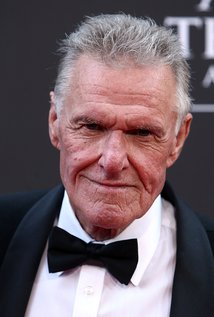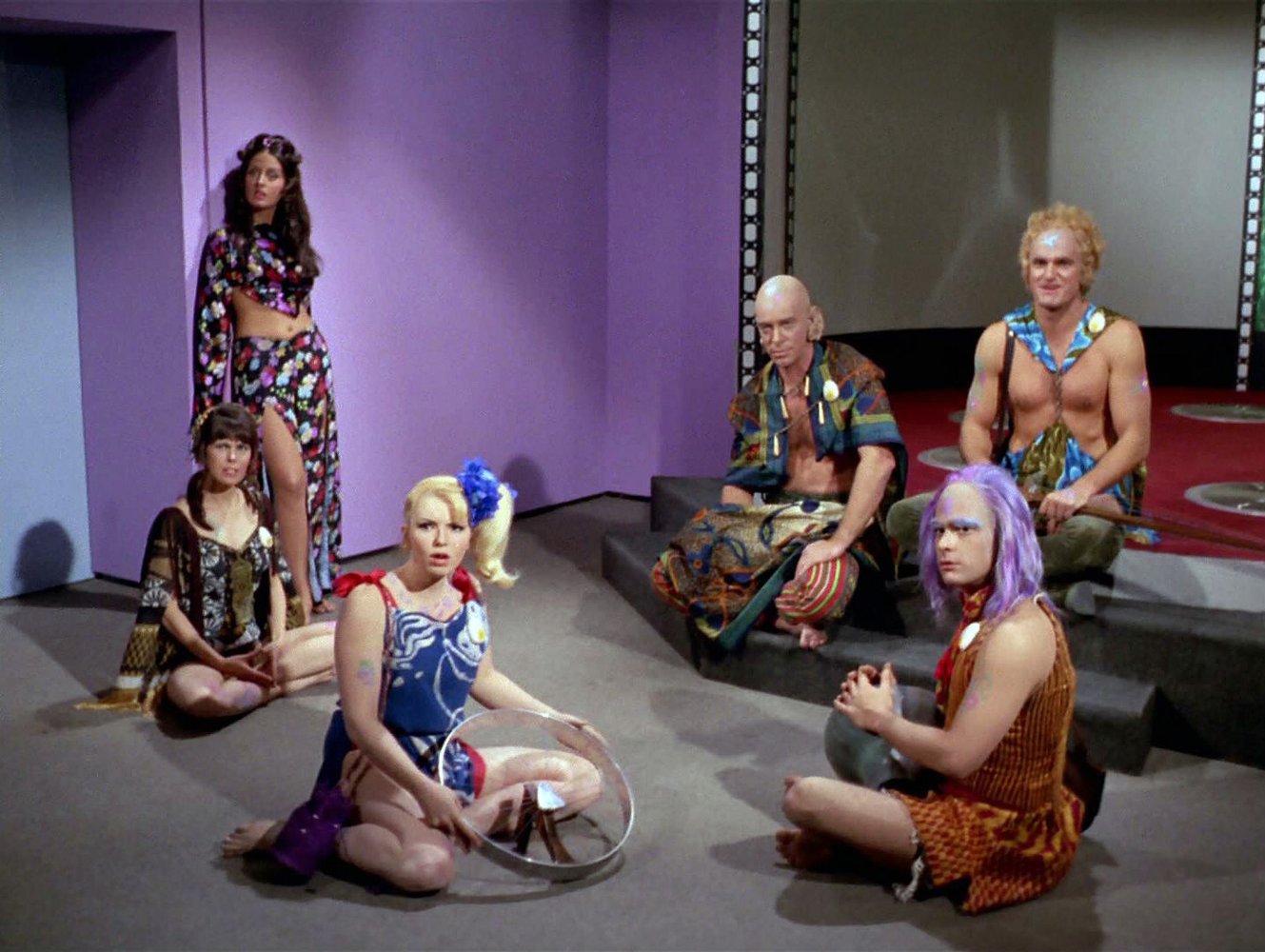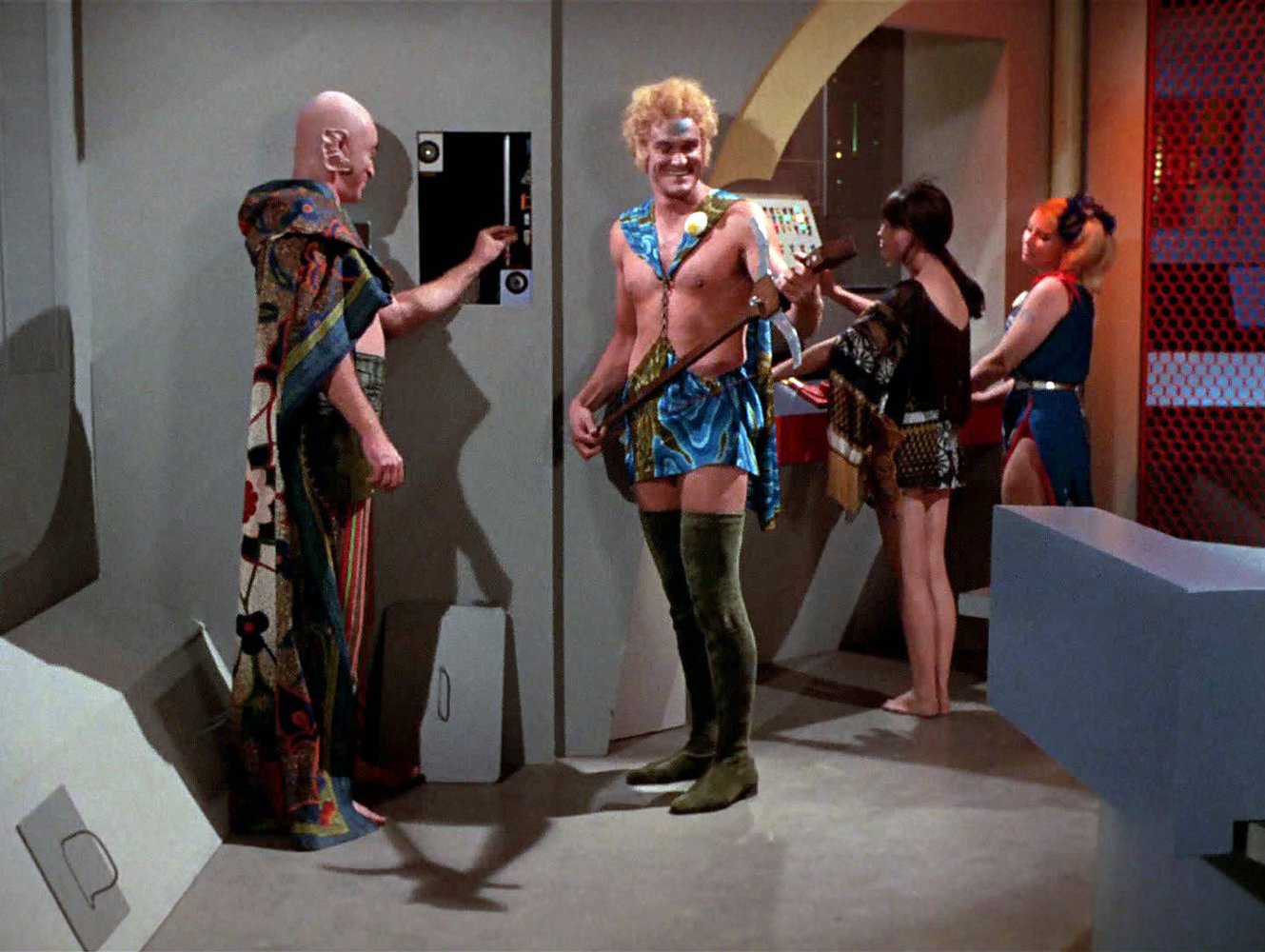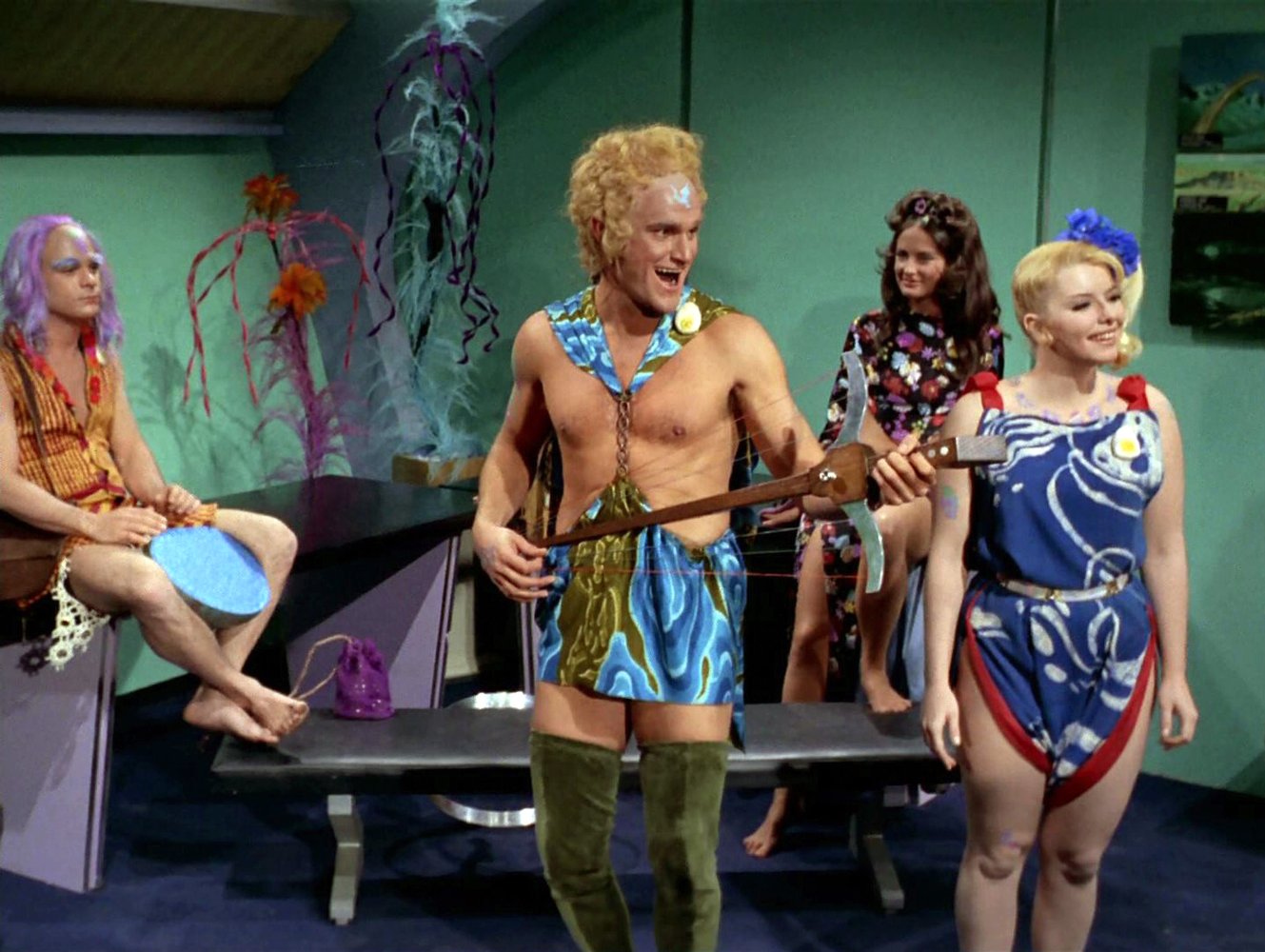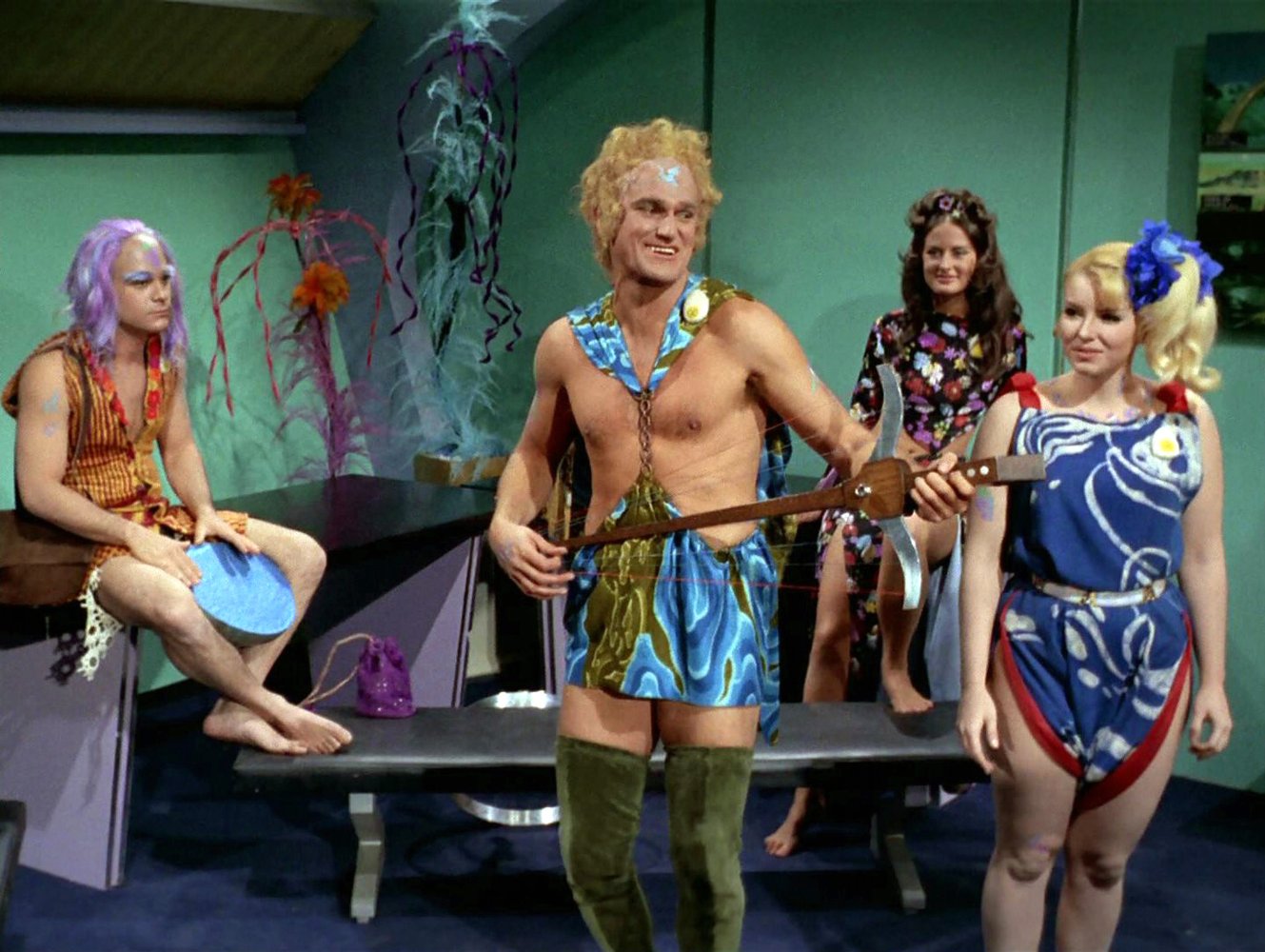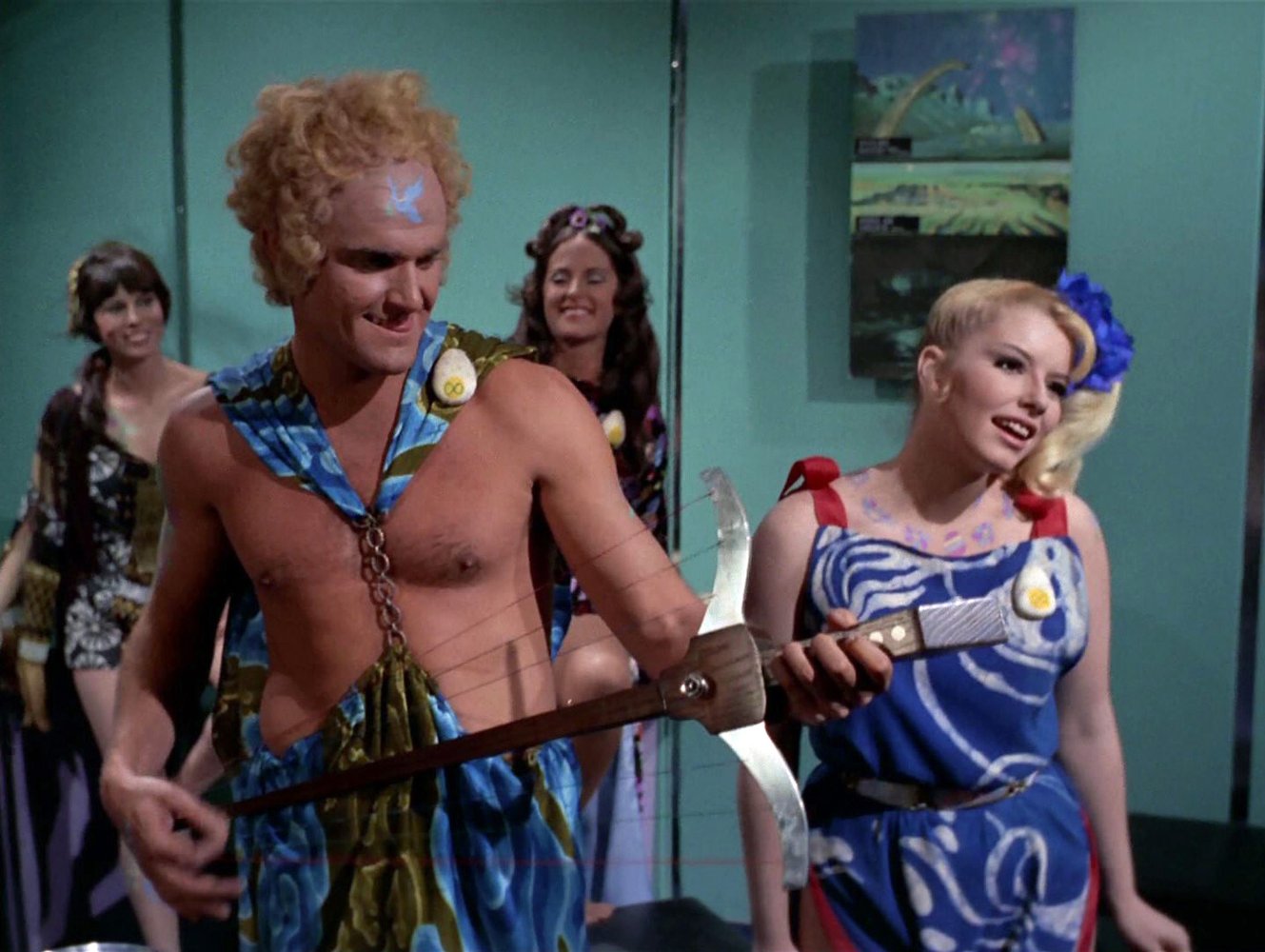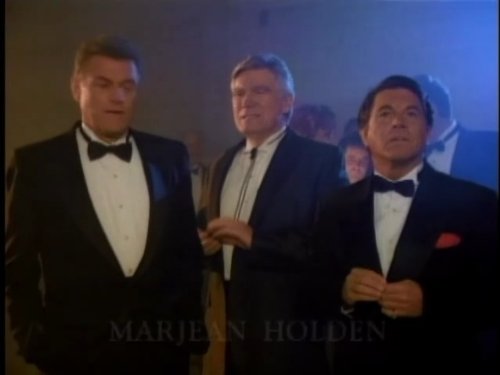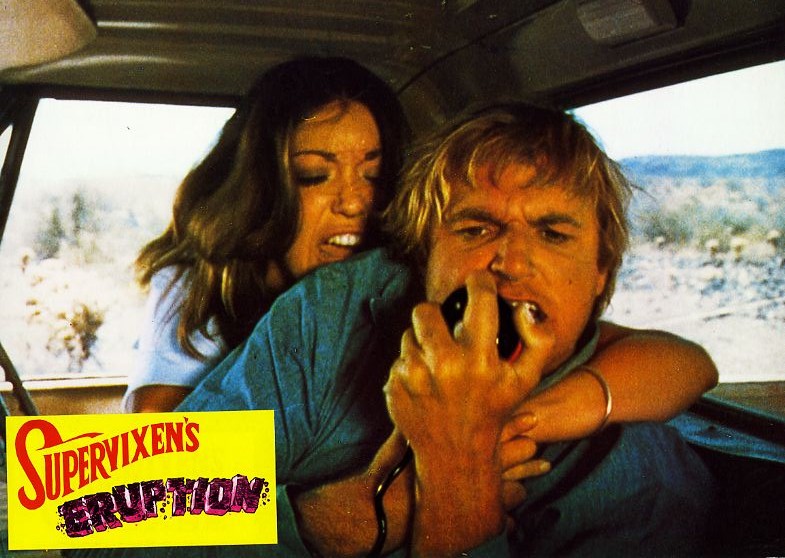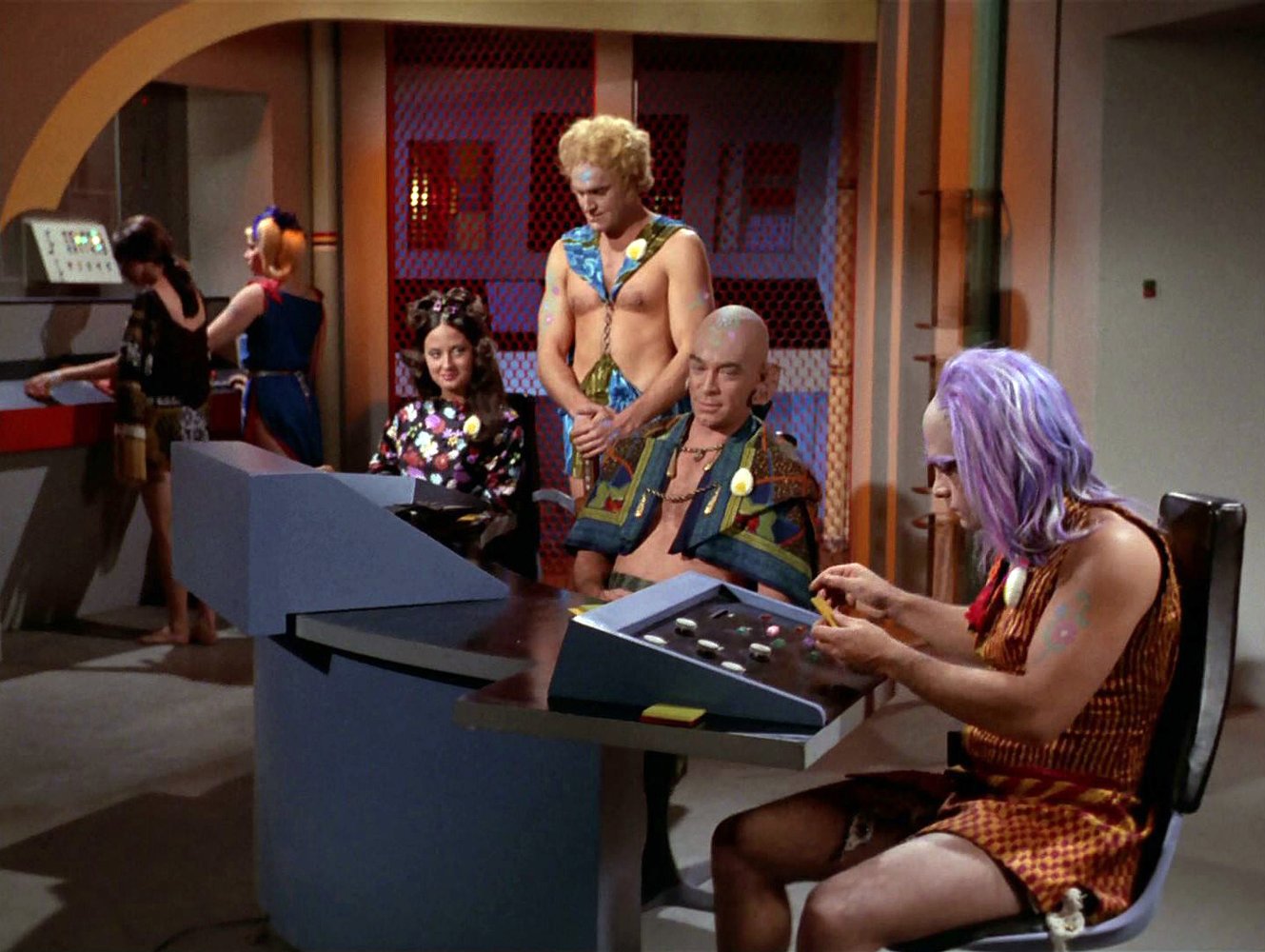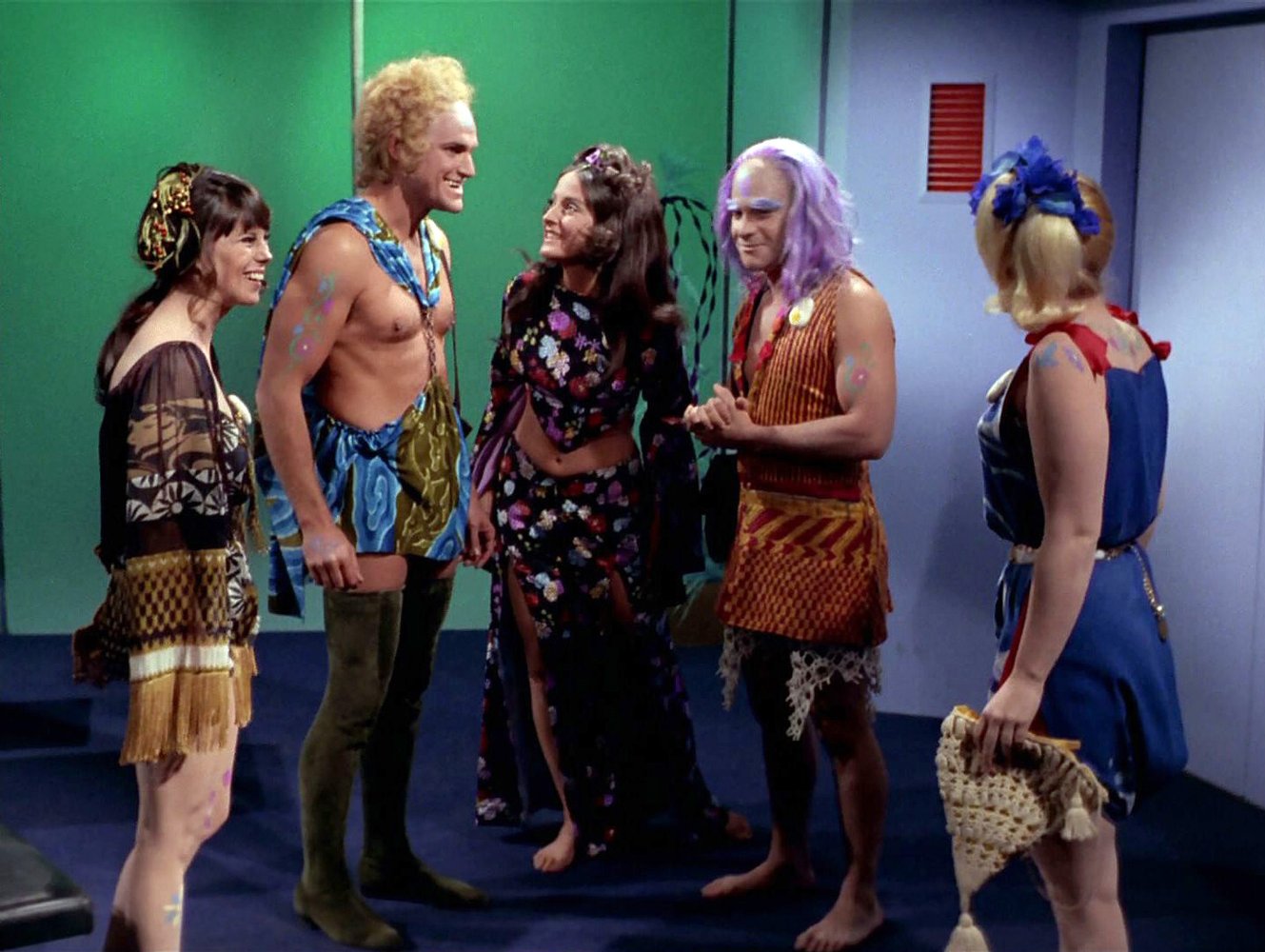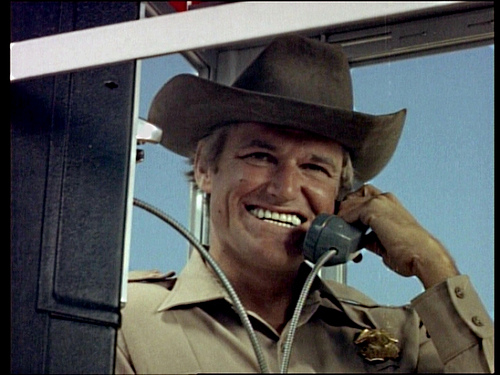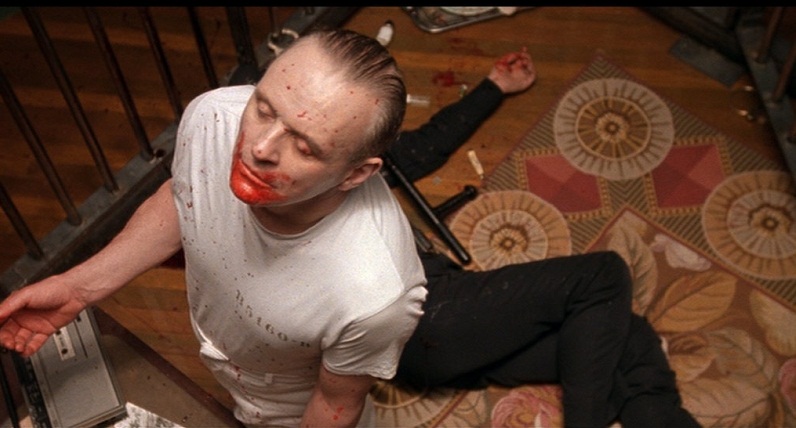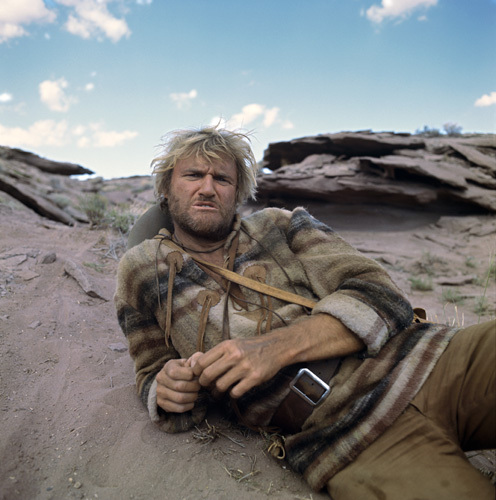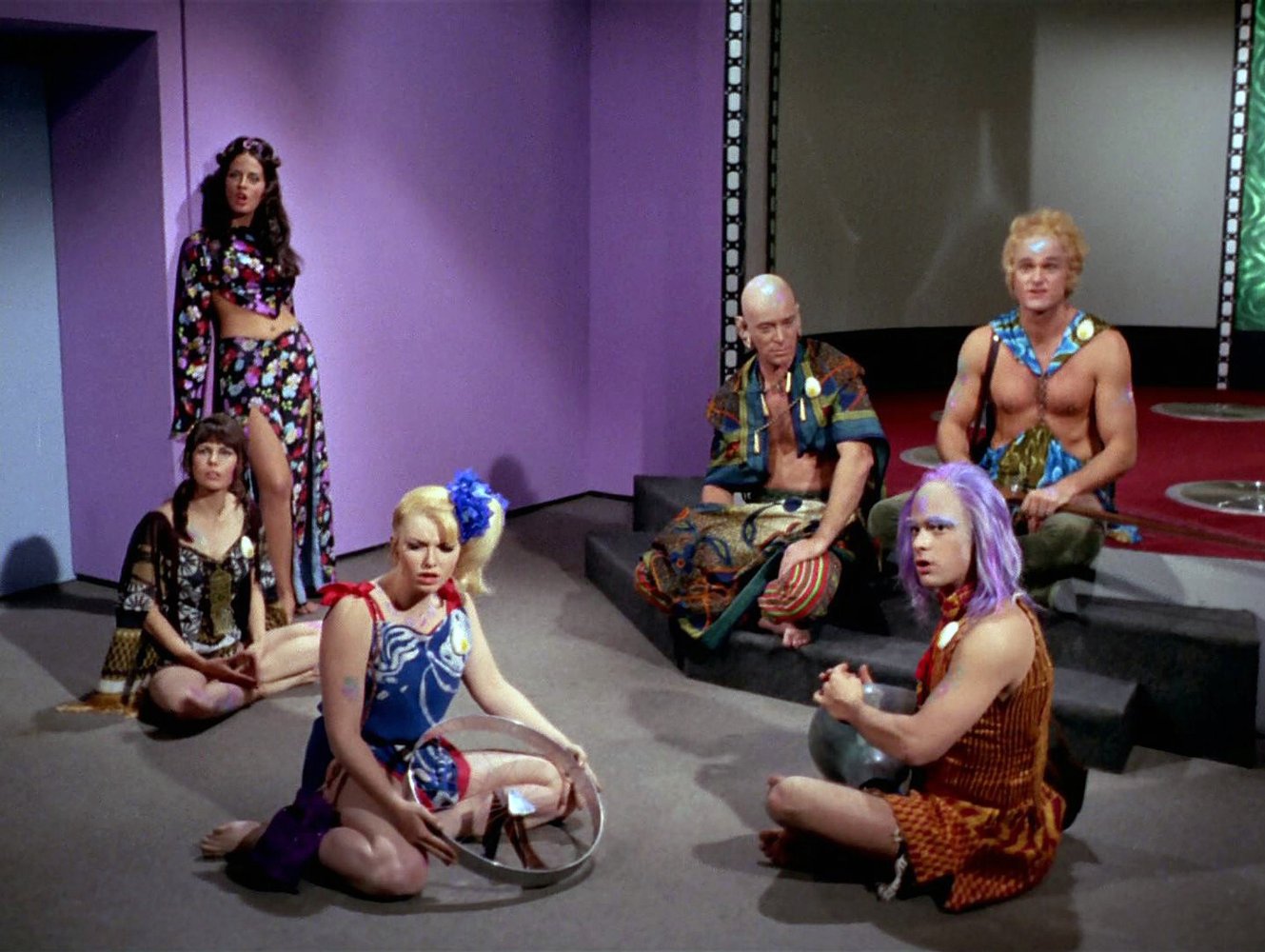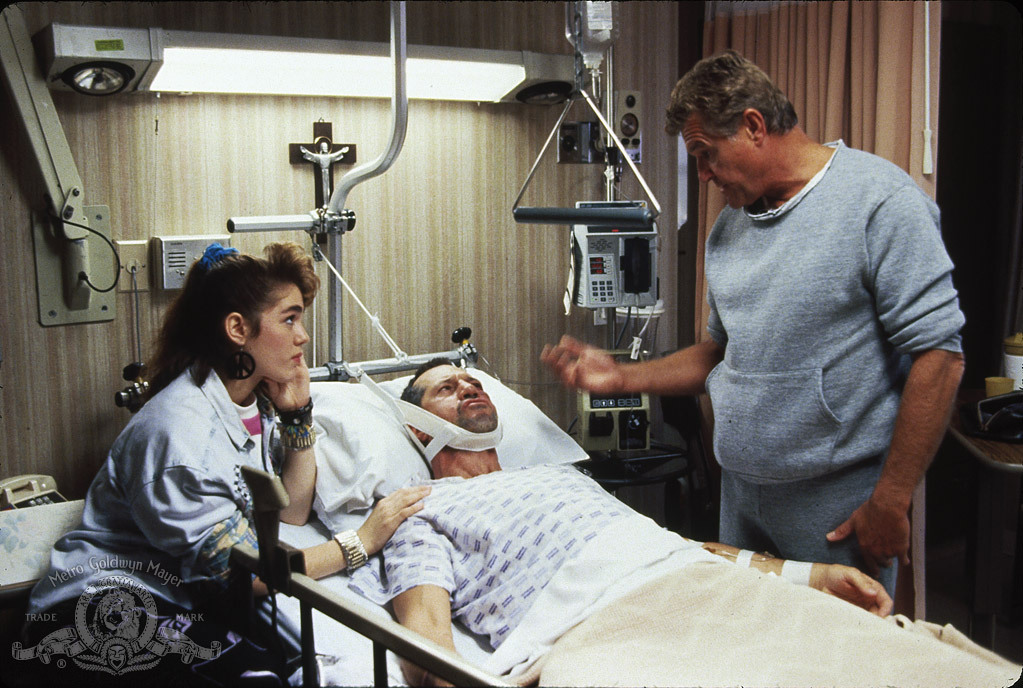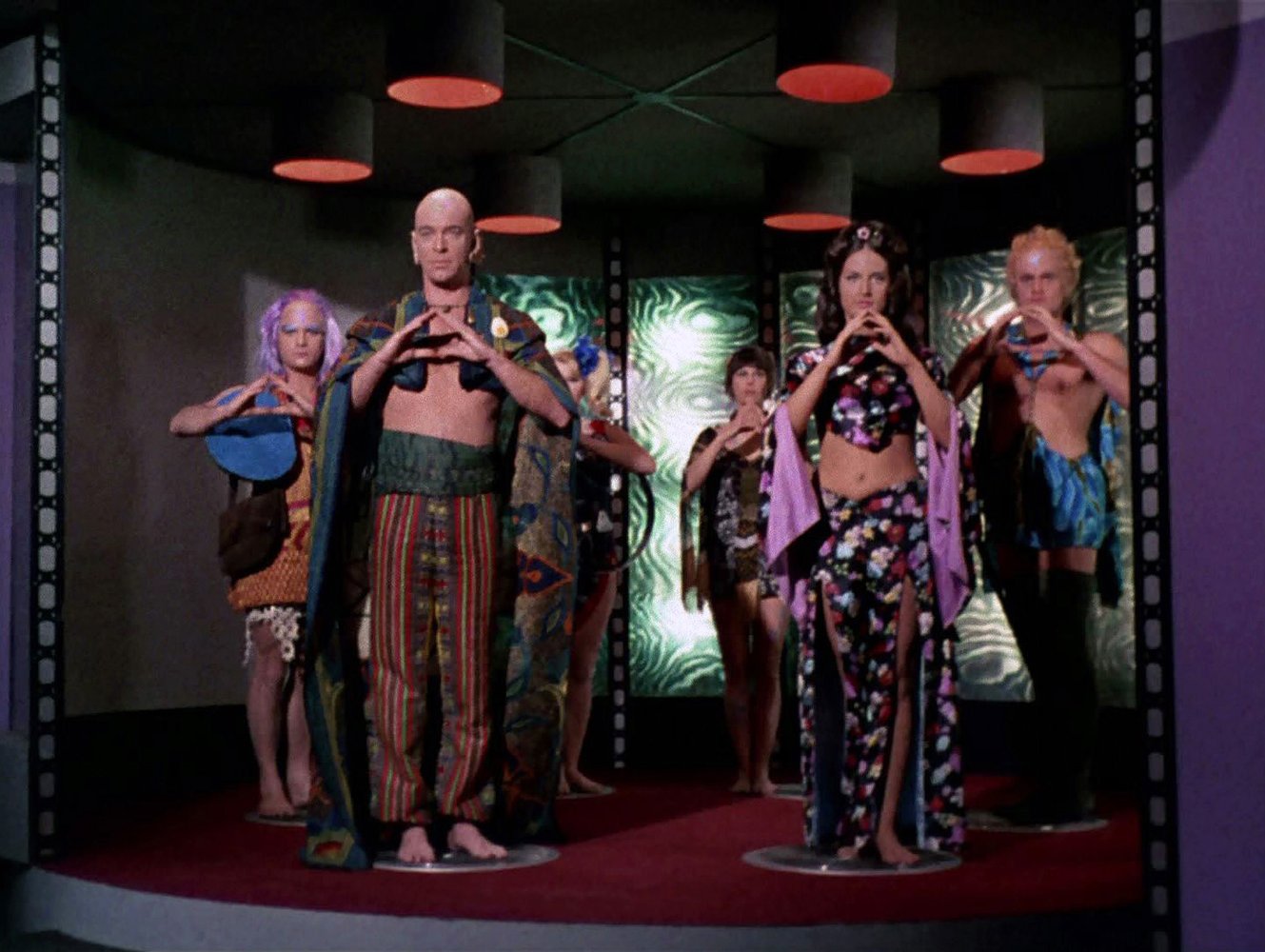[2009, on his early adult life and his interesting entrance into films] I'd done a couple of low-low-low-low-budget Westerns that I've never seen again and nobody else has, just to get started. Before that, I worked at the Shakespeare Festival in San Diego, if you can believe that. I did a season there, breaking in. But my life's goal was never to be an actor. It was to be a basketball coach. When I came back and went to college on the GI Bill, that fizzled out. I finally got one job, and then Vietnam came along and screwed that up, because the guy I replaced, I had to let him have his job back. So after that--we're going over a lot of ground here--I was married and had a young son, I went to Florida to teach art. I'm also a watercolor artist. And I couldn't hack that; I just basically quit. I started hanging out in different ports--Key West, Miami, New Orleans, wherever I could make a living off street playing, and I can sing a little bit. That's how I lived for three or four years. I got involved in a theater group in Clearwater, Florida, as a janitor, to live in the theater. And I thought, "Well shit, I can do this, if these guys can do this." And that's basically where I got started. And then I went with another guy to a thing called The Cross and Sword, which is an outdoor drama they have every year in Florida about the Spaniards and the Indians and all that. After I finished that, I had no job. I went to New York; nothing happened there except losing whatever else I had. I'd gone back to college for a summer session, and while I was there, we did "Othello". I played Iago; I managed to get through that without them booing me off the stage. I picked up the paper one day, and there was casting in San Diego. I made my way to California for the first time and auditioned, and I got in. We did three seasons of repertory there. After I moved to Hollywood, I started looking for jobs--parking cars, whatever I could do. It suddenly occurred to me that if I hung around bars where actors hung out, I might get a break. During those times before Dennis Hopper and Jack Nicholson hit it on Easy Rider (1969), I used to hang around them and Harry Dean Stanton. They're probably responsible for getting me an agent, just to get rid of me. Anyway, I got an agent, I got my first commercial. Then I met [Russ Meyer], and I went on and made Moonfire (1970) with Sonny Liston and Richard Egan, and then I started doing episodic television, and I had a pretty good career going. I quit that to become a writer for "Overdrive", which is a trucking magazine. I was the only writer for the magazine, because it had never had one. The editor had this idea to do this film about trucking, and I was sort of the epitome of a truck driver, so he put me and Sonny Liston in the movie with an older actor named Richard Egan. We finally finished it off, and I got a dream idea, I said, "Mike [director Michael Parkhurst], I want to go out and do stories on trucks." He said, "Well, nobody's ever done that before." I said, "Just give me a cameraman, call General Motors, call anybody, they'll give you a car to do that." And that's what I did for two years. In the meantime, I stopped to do Supervixens (1975), the only movie I did for almost two years. The market for those movies was normally just smuthouses in New York and San Francisco. And all of the sudden, United picked up "Cherry, Harry & Raquel", and there I am all over the screen in 2,000 theaters. That created a little space. Anyway, the Teamster, the writing deal--Hunter S. Thompson and I were buddies, we did a lot wild of shit, a lot of stories together. We got busted up really bad during a Teamsters truck strike. So now I'm 40 years old and I'm back living on the streets of Hollywood in a parking lot under Russ Meyer, who owned the parking lot. And I said, "It's over, man. I have no agent, I have no phone, I have no address, I have no nothing." I had a little unemployment to go. And one day some guy came down the street with a megaphone asking my name, and I'm sitting there with the rest of the winos. I go, "Yeah, what's up, that's me." I hadn't had a haircut in two months, or a shave, or whatever. He says, "They want to see you at Universal." I go, "What for?" He goes, "You'll find out when you get there, you want to go or not?" I go, "I'm assuming if I don't go, your ass is gonna be in a lot of trouble, is that correct?" He goes, "That's correct." And we go straight to the lot in the back of the limo, straight to the office of Alfred Hitchcock. They said, "Don't say a damn word to him, don't even look at him. He's gonna be 10 feet away, and he's gonna spin around a chair in a dramatic way. He's gonna say 'Go away,' or he's gonna say 'Sign him.'" So Hitchcock is looking at the guy standing beside him, and he says "Tell him to turn around." So I turned around, and Hitchcock said, "Sign him." And that was the end of it. I worked from then on, because I worked for Alfred Hitchcock. He owned a big percentage of Universal. So now I don't have to beg for shows, they're ordering me to do shows--Starsky and Hutch (1975), The Rockford Files (1974), all those shows. They put me in a series called Black Sheep Squadron [Baa Baa Black Sheep (1976)], they put me in a series called The Oregon Trail (1976). And now from nonexistence, I've been working ever since. Then I met Jonathan Demme somehow, who had seen me in an X-rated movie when he was in the army. And he eventually found me, and [John Landis] found me out of the Russ Meyer movies. All this came out of Russ Meyer, quite frankly.
Show less « 
